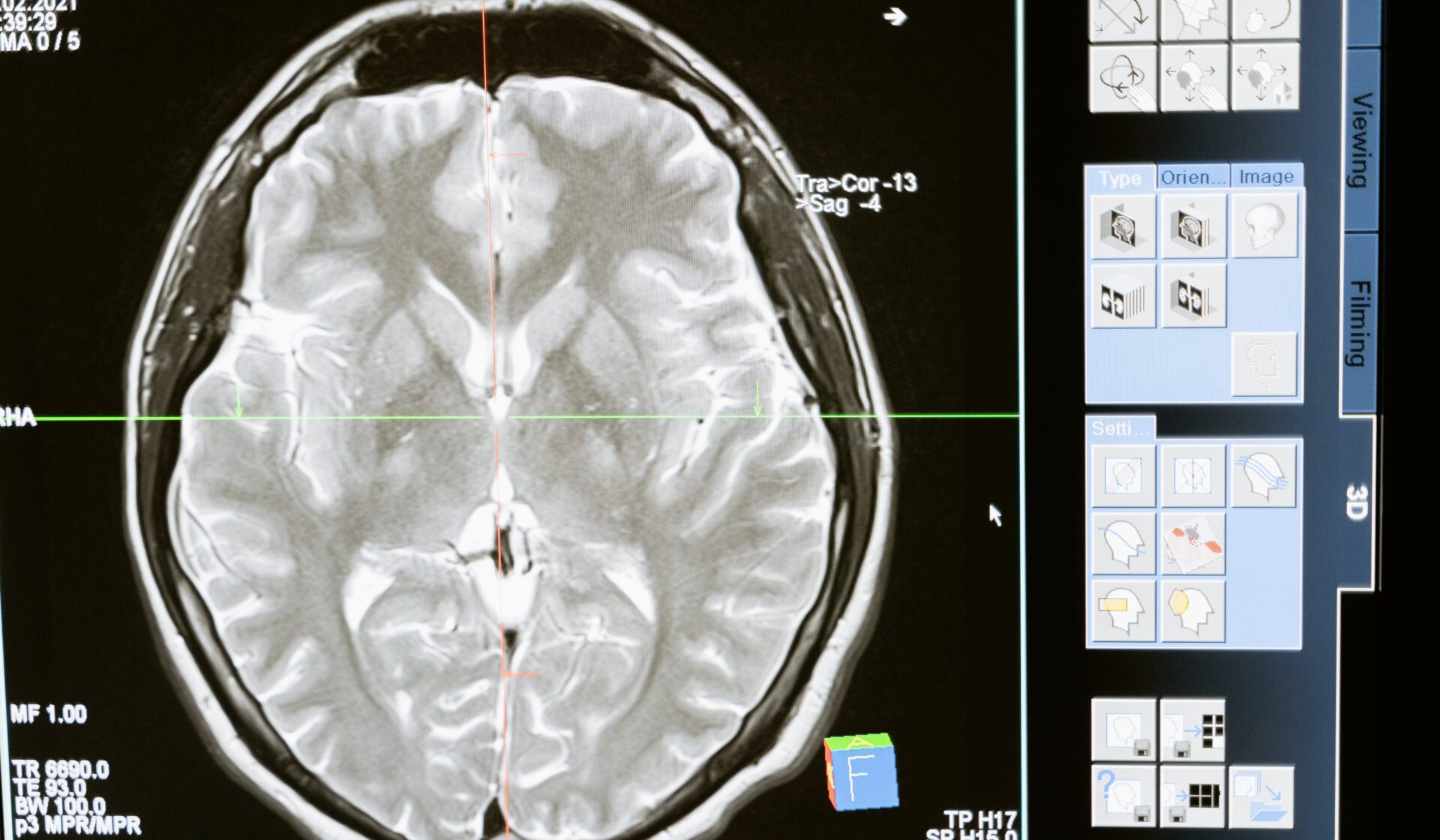According to a new study, young people with poor sleep quality are more than twice as likely to have memory and thinking issues when they get older.
Though sleep is known to play an important role in the health of our brains and numerous studies have associated the lack of it with a higher risk of developing dementia, most research to date has focused on the impacts of this in older adults.
Recently, however, scientists have begun looking into how young people’s sleep cycles are being disrupted by stress, overthinking, and anxious thoughts and the repercussions of this on their cognitive wellbeing later down the line.
Published in Neurology, a new study examined the duration and quality of sleep to better understand how it affects memory and thinking.
It involved 526 participants who were instructed to wear a wrist activity monitor for three consecutive days on two occasions, about one year apart.
They also reported their bedtimes and wake times in a diary, completed a sleep quality survey with scores ranging from zero to 21 (the higher the score, the poorer the sleep quality), and took cognitive function tests.
The findings show that 46 per cent reported poor sleep with a score greater than five.
‘Most previous studies have examined the association between sleep disturbances and cognitive impairment in late life,’ says author Yue Leng.
‘This is the first study to suggest that the association between sleep quality and cognition may become prominent as early as in midlife.’
Among the 175 people with the most disrupted sleep, 44 had poor cognitive performance 10 years later.
Even after adjusting for age, gender, race, and education, those with the most disrupted sleep were more than twice as likely to have memory and thinking issues compared to those with the least.
‘Given that signs of Alzheimer’s disease start to accumulate in the brain several decades before symptoms begin, understanding the connection between sleep and cognition earlier in life is critical for understanding the role of sleep problems as a risk factor for the disease,’ continues Leng.
‘More research is needed to assess the link between sleep disturbances and cognition at different stages of life and to identify if critical life periods exist when sleep is more strongly associated with cognition.’
Since 2014, and as uncovered by the US Centre for Disease Control and Prevention, an estimated 5 million American adults over 65 have been living with dementia.
With previous studies highlighting that approximately 30 per cent of Alzheimer’s cases could be prevented or delayed by making lifestyle changes before the onset of clinical symptoms, this research underscores the need to evaluate more risk factors associated with cognitive ageing.

















